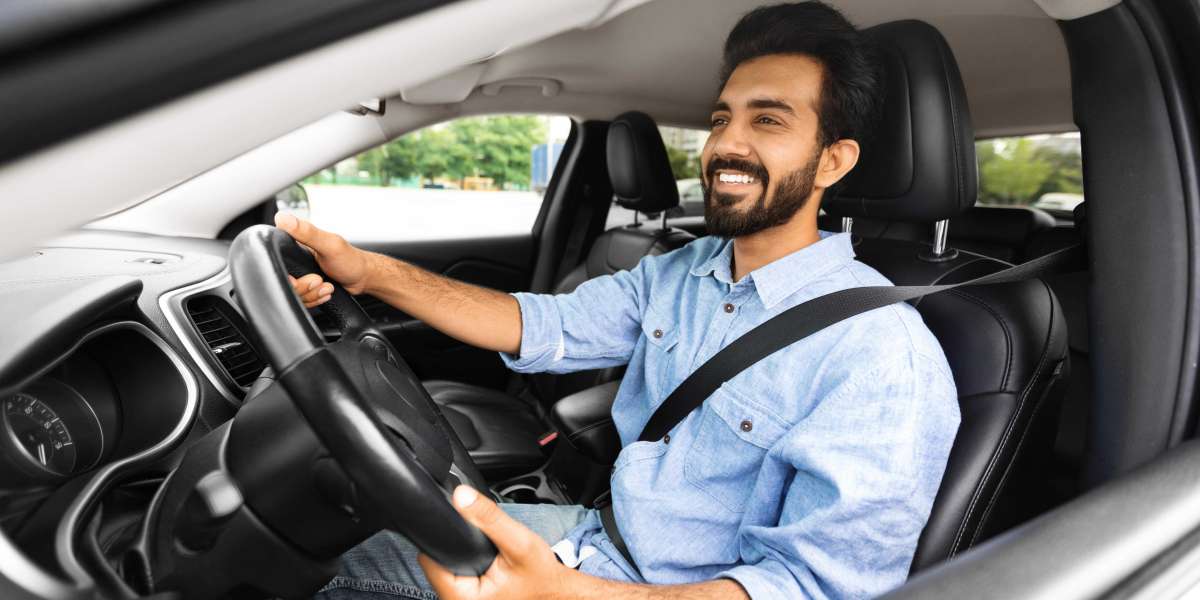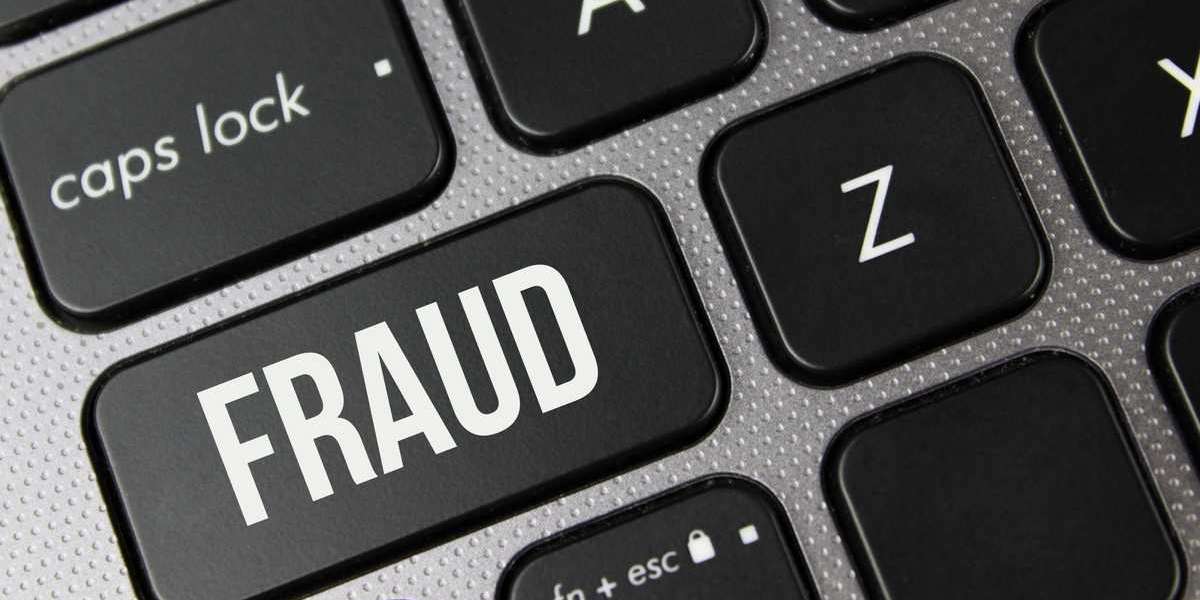The British Driving License: A Comprehensive Guide
The British driving license is a crucial file for people looking to run an automobile in the United Kingdom. Whether a resident or a visitor, understanding the types of licenses, the application process, and the essential requirements is essential. This article aims to provide a useful summary of the British driving license system, including common concerns and concerns drivers might have.

Types of British Driving Licenses
In the UK, there are numerous categories of driving licenses, each dealing with different kinds of cars. Here's a breakdown of the primary types:
Provisional License
- Provided to learners.
- Allows practice driving with an experienced driver.
- Necessary for taking the driving test.
Complete License
- Approved after passing the driving test.
- Permits driving separately.
- Can vary based upon vehicle category.
Classifications of Full Licenses
- Classification B: Cars and small vans.
- Classification A: Motorcycles.
- Classification C: Large lorries (over 3.5 tonnes).
- Classification D: Buses.
International Driving Permit (IDP)
- Valid for travelers or locals with a UK license.
- Recognized in lots of countries when taking a trip abroad.
Specialized Licenses
- Consists of licenses for particular vehicles like taxis or trucks, requiring additional training and screening.
Application Process for a British Driving License
Acquiring a British driving license includes a series of steps. Here's a structured guide:
Eligibility Check
- Should be at least 17 years of ages to look for a full license in many cases.
- Should be a local of Great Britain.
Request a Provisional License
- Complete the application kind (D1) offered at Post Offices or online.
- Offer identification and evidence of residency.
- Pay the charge (currently around ₤ 34 online or ₤ 43 by post).
Discover to Drive
- Register in a driving school or find out with an authorized driver.
- Practice routine driving under the conditions set by the provisional license.
Schedule and Pass the Driving Test
- Schedule the driving theory test (to assess understanding of roadway guidelines).
- After passing the theory test, book the practical driving test.
- Effectively passing both tests leads to the issuance of a complete driving license.
Get the Full Driving License
- When passed, a complete license will be sent through post, entitling the holder to drive cars within the category they tested for.
Duties of License Holders
Owning a British driving license includes obligations that drivers must adhere to. Here are a number of essential obligations:
- Display L Plates: While driving on a provisionary license, students should show L plates.
- Insurance: All drivers should have legitimate insurance coverage.
- Roadway Rules Compliance: Adherence to speed limits, traffic signals, and other roadway regulations is obligatory.
- Renewal and Updates: Keeping individual info upgraded on the license, in addition to renewing it upon expiration.
Typical Issues and Questions
Navigating the driving license landscape can lead to numerous questions. Here are some regularly asked questions (FAQs):
1. What should I do if I lose my driving license?
If lost, drivers should report it to the DVLA (Driver and Vehicle Licensing Agency) and get a replacement either online or through the post. There is a charge for the replacement.
2. Can I drive with an overseas driving license in the UK?
Visitors can use an overseas driving license for up to 12 months. After this duration, they would need to either apply for a UK license or acquire an International Driving Permit.
3. How do I renew my driving license?
Drivers can restore their licenses online or by post. The procedure will need identification, proof of residency, and a charge. Renewals can be done up to 90 days before the expiration date.
4. What if I fail my driving test?
Failing the driving test is common. Prospects can reapply to take the test once again. There's no limit to the number of times one can retake the practical test, however the theory test must be passed before each practical retake.
5. Exist charges for driving without a legitimate license?
Driving without a legitimate license in the UK can result in serious effects, including penalties, fines, and legal action. It may also affect driving insurance coverage.
The British driving license system is vital in helping with safe and responsible driving. By comprehending the different kinds of licenses, the application process, and the duties connected with holding a license, people can navigate the system more effectively. Whether one intends to drive for personal usage or as part of their profession, adhering to the legal framework is necessary for all road users. With the right preparation and understanding, getting a British drivers Licence driving license can be a straightforward procedure, paving the method for independence on the roads.







